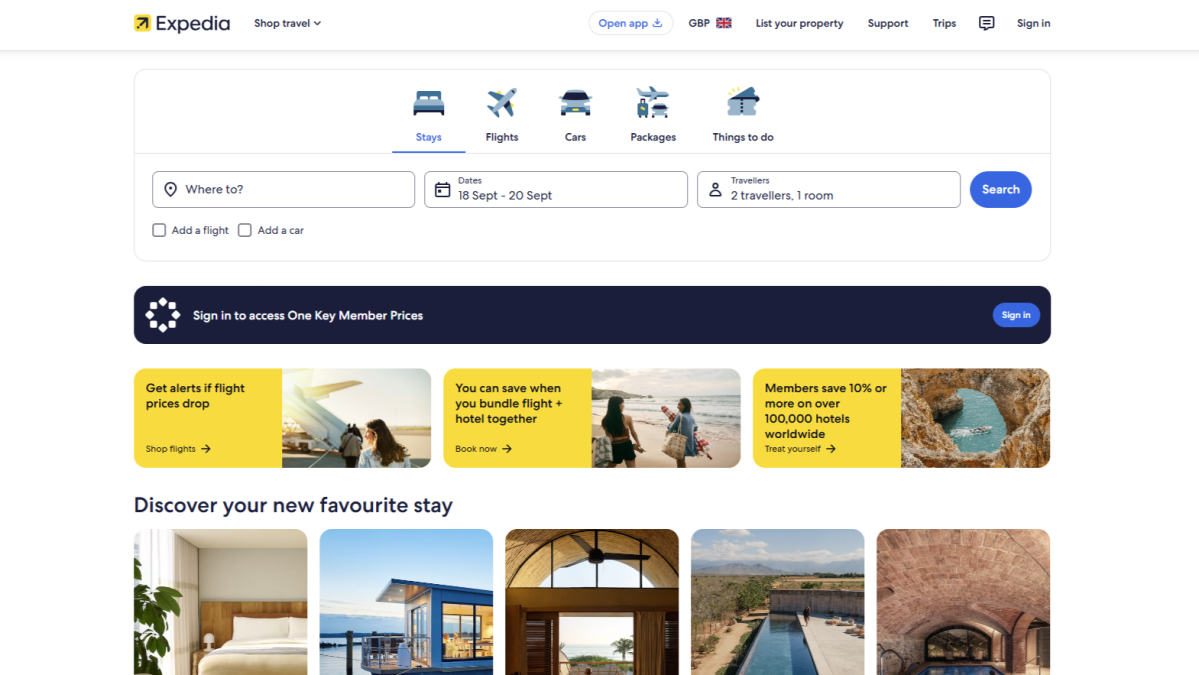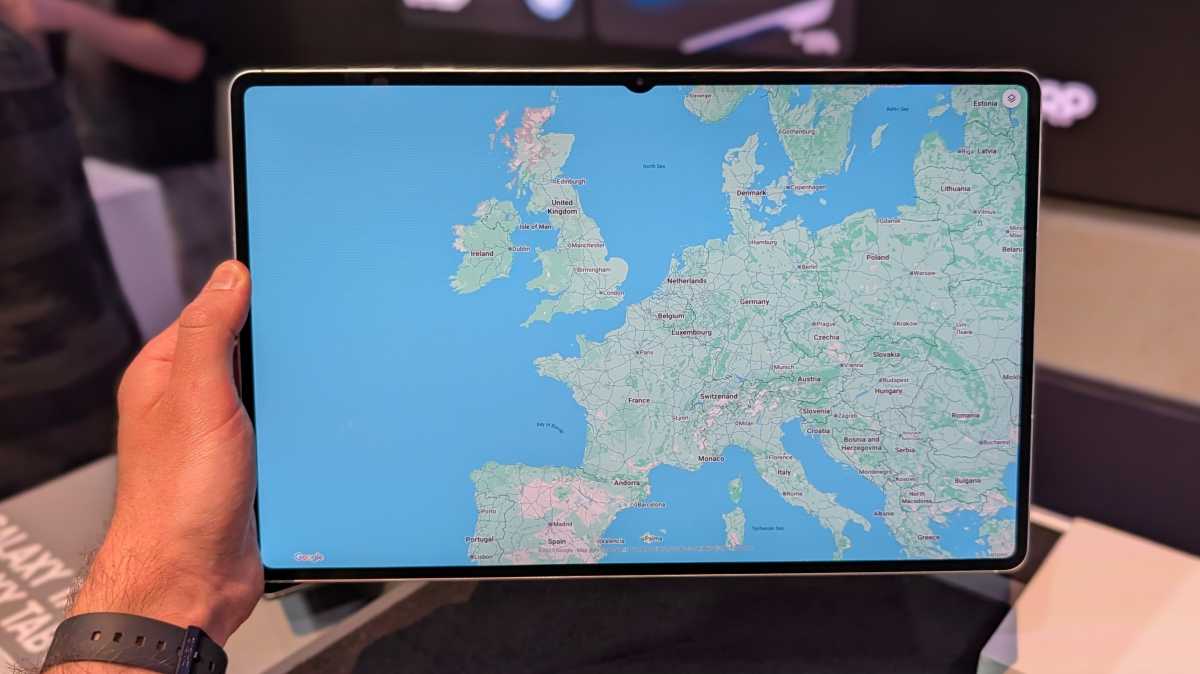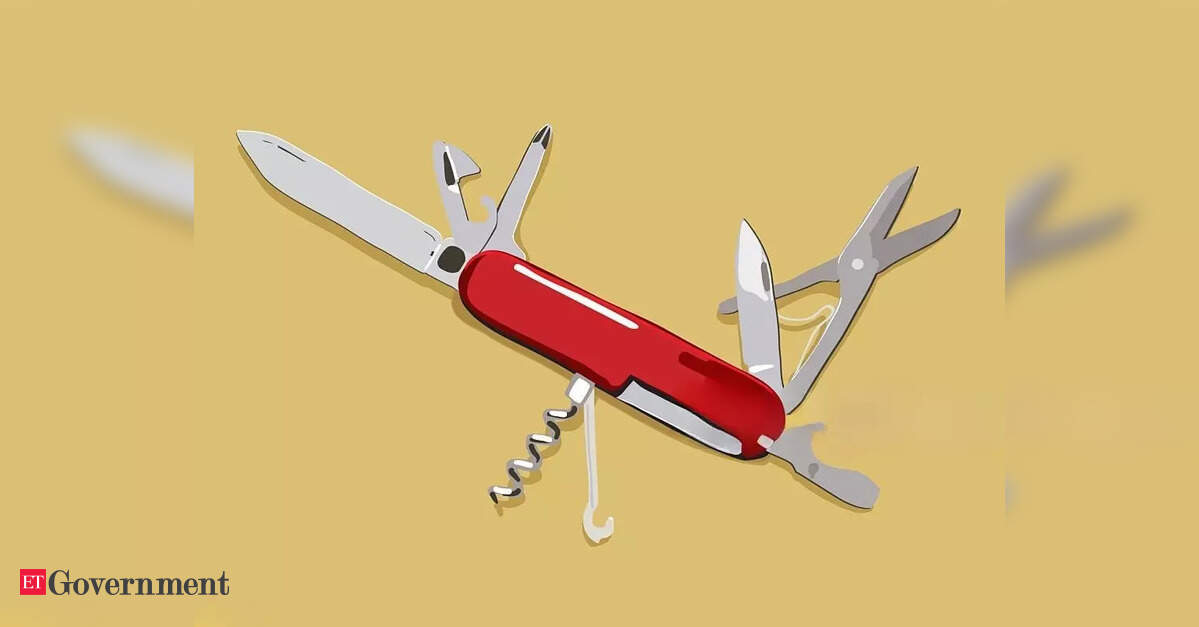The world of technology is changing right before our eyes.
Case in point: Artificial intelligence is more than just a passing fad, considering how many companies are investing in it, retooling their product offerings, and even redefining their company mission and structure around AI.
One massive company that is in the throes of restructuring around AI is arguably the most famous tech firm in history, with apologies to Apple fans. Microsoft has embedded Copilot AI in almost all of its consumer product offerings, from Bing to Outlook to Windows.
Recently, officials even suggested there could be a much more “Agentic AI” Windows OS system by 2030. (Agentic AI is an emerging technology where AI does work on our behalf, without direct human involvement. It means AI can think and act autonomously.)
A thinking machine, running on your computer, solving problems. That sounds ideal, but for a mobile-centric world, there is only one inevitable conclusion to draw.
Windows Phone: Rising from the ashes?
Microsoft discontinued its Windows Phone (and Windows Mobile) platform almost a decade ago. As someone who lived through the ups and downs of multiple mobile releases, major hardware transitions, and ultimately a failed attempt to take on Apple’s iOS and Google’s Android, I can tell you that Windows Phone and Windows Mobile never had a chance.
Microsoft
The underlying issue was the app infrastructure. You would think a Windows app could be easily ported to Windows Phone, but the process was cumbersome and time-consuming for mobile developers. Many of them didn’t even make Windows apps, so there was no real incentive to rebuild an app like Slack or Trello for Windows Phone.
Fast forward to 2025, and there’s a major transition in the mobile tech market that could resuscitate and even make a Windows phone much more viable. The sea change could finally alleviate all the app fatigue we feel, not to mention notification overload.
A Windows Phone powered by AI
Whether it is only a software play or both a new OS and hardware is still an open question. Yet, there’s a conceptual change taking place with mobile devices. AI agents that do tasks for us without direct intervention could finally bring about a momentous shift.
Eventually, we won’t need as many mobile apps. We’ll have AI agents that can keep track of our tasks (goodbye Trello), book our plane tickets (so long Expedia) and even handle some of our discussions and decisions without having to type constantly (see you later Slack).

Expedia
While that’s hard to imagine and possibly not realistic, AI is going to become increasingly viable as time goes by, and that means the Windows Phone platform could re-emerge.
Think of it this way: When the interface for the device and the way you present apps to the user become far less important, it opens up a world of opportunity. This is especially true for a company that has pivoted to a whole new architecture built on AI.
What will the next Windows Phone be like?
What will a future Windows Phone be like? For starters, it won’t use the tile interface. It’s gone forever, never to return.
That’s a good thing, because it was confusing and unintuitive. There were tiles for looking at photos, for configuring how the phone works, but also for starting a mobile browser. All of those colors across the screen? The purples and greens and golds? They created confusion with users who just needed to make a laundry list or check their email.
In the near future, AI will handle some of the heavy lifting on our phones, and in many ways, it already does. Modern cars are a good example – you don’t need an app to send a text, just ask Siri, Alexa, or Google Assistant to do it for you.
There’s also no need for a navigational app such as Waze or even Google Maps, since we can also just ask an AI for directions. Alexa can give you directions today, no need to show anything on the car’s display.

Anyron Copeman / Foundry
However, a future Windows Phone will go much further than voice-enabled interactions. Picture a device that knows you inside and out. A Windows Phone will check your email for you and only alert you about the ones that are important. By my estimation, by 2030 or so, a mobile device like this won’t need to rely on apps like Gmail or even Outlook.
Instead, an agentic-powered Windows Phone would rely much more on Microsoft’s Copilot assistant. Need directions? You’d ask the operating system for help, not an app. Want to make a laundry list or keep track of tasks? Just converse with the Copilot about it.
Putting all the chips on the table
Granted, for Windows Phone to return from the grave, Microsoft would need to build a powerful mobile version of Copilot that acts almost like the bot in the 2013 movie Her. If you haven’t seen the movie, it features a pocket device that looks a lot like a phone, yet the main character uses it to talk to the AI and not much else.
I don’t think we’re there quite yet. ChatGPT is a step in the right direction, but the voice capabilities have not gone mainstream yet. For a future Windows Phone to work, it would have to rely heavily on voice interactions, since Microsoft is not about to launch a whole new mobile app infrastructure for legacy users. The Windows Phone of 2030 would not even use apps.
Microsoft would also need to make a huge bet on Windows Phone as a brand-new device, one that offers a limited set of traditional features. I could imagine a phone that lets you configure the settings but otherwise uses voice interactions and a text interface (something like you see with ChatGPT) for just about everything else.
Will it happen? Is it already in the planning stages? No one knows for sure. We can easily predict that Windows OS itself will become much more reliant on AI in the future.
The good news for Microsoft is that this future mobile device would essentially be a true pocket computer running an OS that is not all that different from what you can use on a laptop. In many ways, that’s the full realization of the “thinking mobile computer” we all want.
If Microsoft truly believes AI is the future, a Windows Phone will be inevitable.
But for now, your choice remains iOS or Android. See the finest options available in our guide to the best phones you can buy right now.









